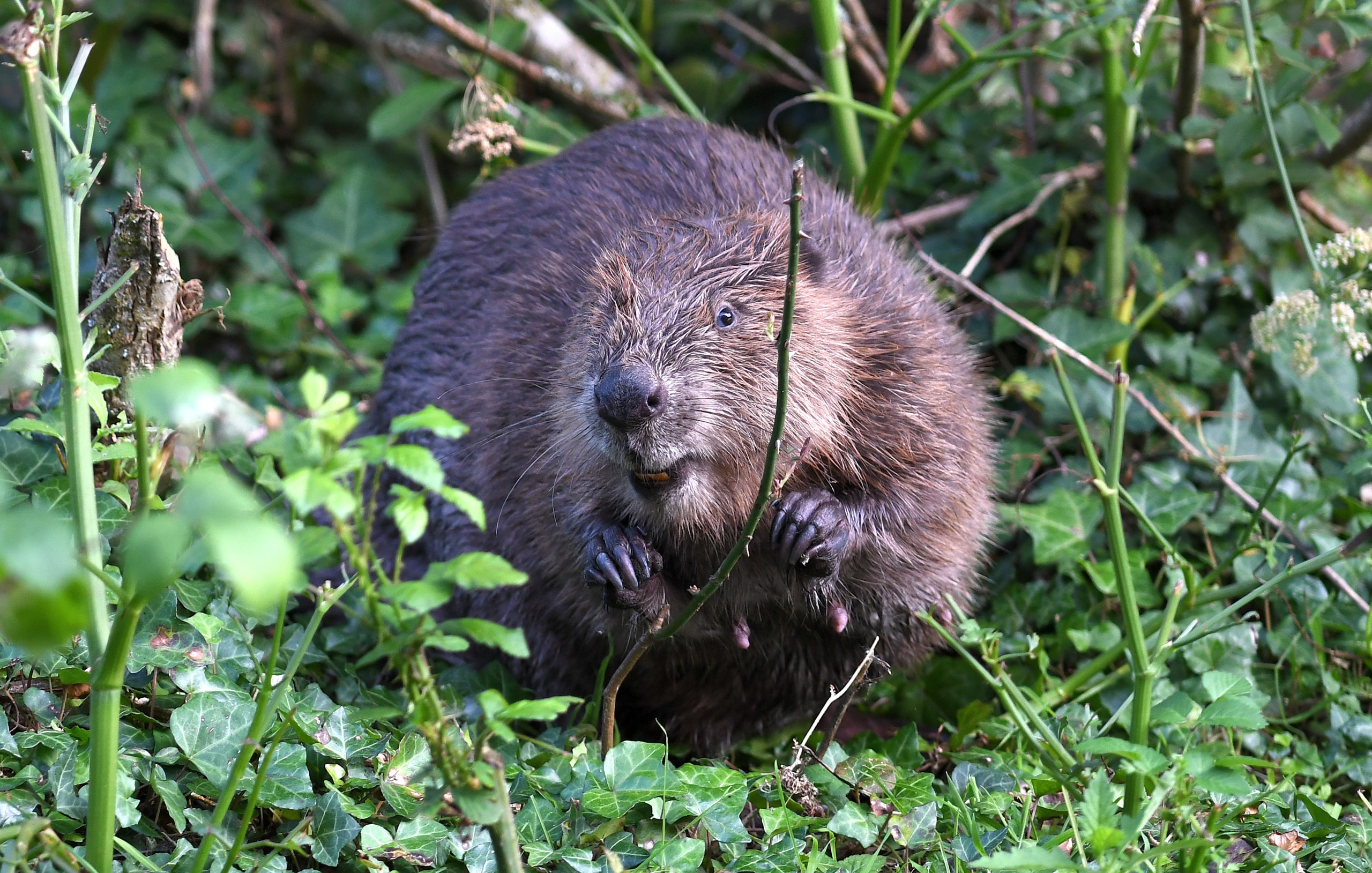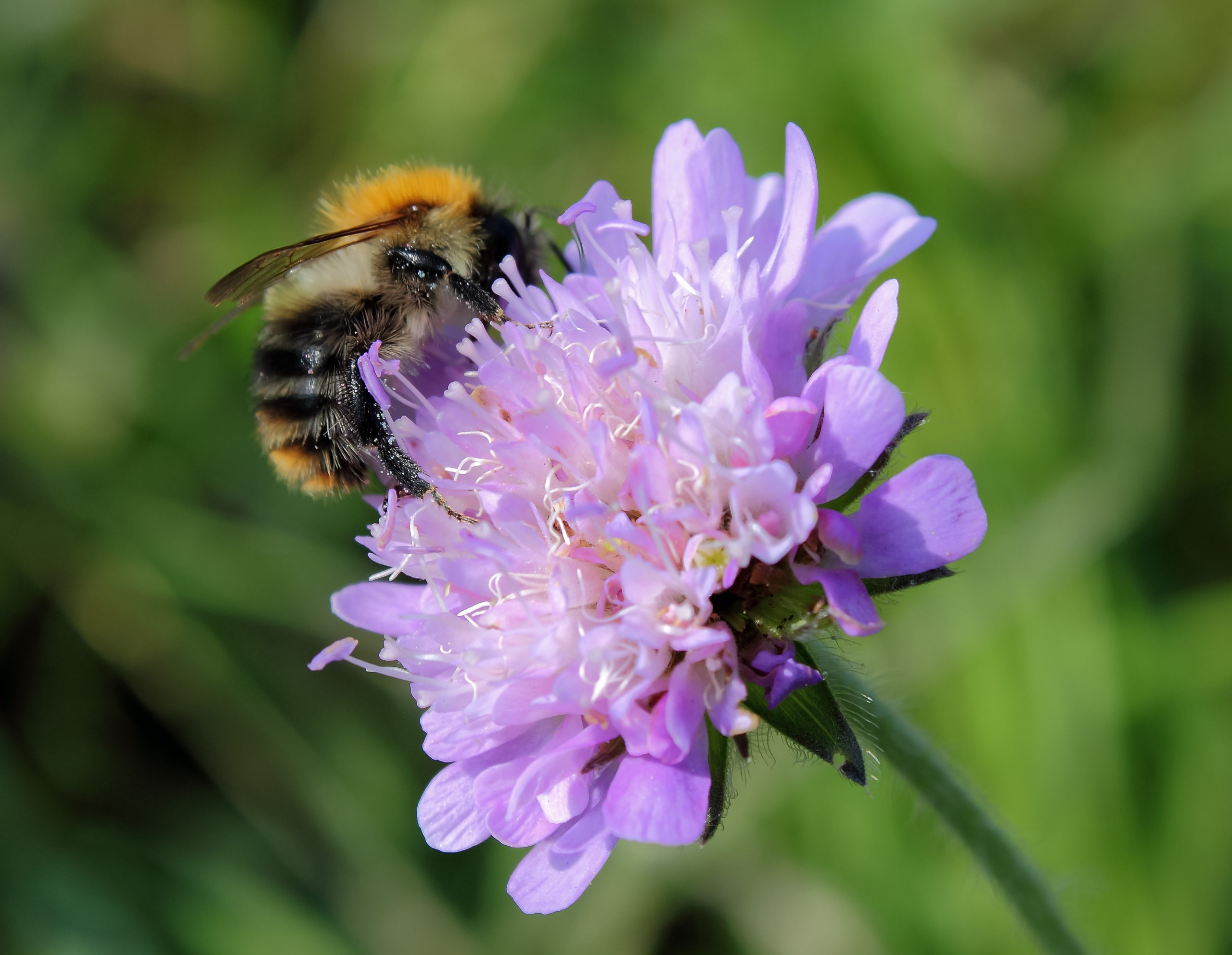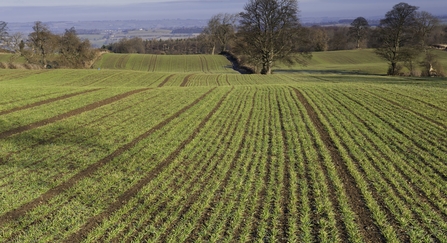Throughout the election campaign, it became clear that people know that our natural world is in crisis and want politicians to make the bold and ambitious commitments to reverse the decline. So with the results now in, what does it mean for nature?
Shortly after the general election was announced, The Wildlife Trusts commissioned a poll1 to gauge whether the public think political parties are doing enough to tackle the nature and climate crises and how important environmental issues will be in deciding their vote.
It revealed that the environmental policies offered by candidates play a big role in swaying people’s vote when they enter the polling station. Almost four in 10 said they will vote based on environmental issues and most people consider environmental issues to be at least as important as other issues facing the country.
Throughout the election campaign, it became clear that people know that our natural world is in crisis and want politicians to make the bold and ambitious commitments to reverse the decline. People demonstrated this with their feet – over 60,000 people marched through London at the end of the campaign urging faster action to ‘restore nature now’.
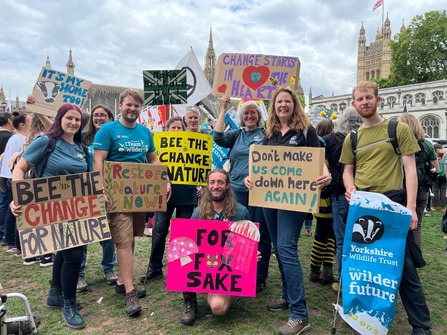
To seek to appeal to that large section of the electorate who care about environmental issues, the Labour Party made some welcome commitments on nature and climate, including publishing their own Countryside Protection Plan. Their manifesto explicitly recognised that the climate and nature crisis is the greatest long-term global challenge that we face2 and they “promised to deliver” for nature by improving access to nature, promoting biodiversity, and protecting our landscapes and wildlife. Likewise, the Liberal Democrats put action to tackle the issue of sewage in rivers and seas front and centre.
In contrast, the Conservatives never sought to highlight the positive story they can tell on their environmental record. Significant successes, such as delivering the Environment Act and legally binding nature targets, were barely mentioned.
Instead, Rishi Sunak launched the election campaign by framing “environmental dogma” as a problem. This meant that, alongside Liz Truss’s efforts to weaken environmental protections, Sunak’s net zero rollbacks and the botched attempt to dismantle water pollution rules for development, the public didn’t view the Conservatives as the party of the environment. Polling3 shows that only one in seven now trust them to protect the environment and just a quarter of people are satisfied with the current state of nature and climate in the UK4.
It’s now up to the new Labour government to deliver on the clear mandate they have to respond to the major concern the public have over the state of our environment. With an explicit manifesto promise to “deliver for nature” and a public seeking action.
Here’s five asks we think the new government should prioritise in their first 100 days:
- Deliver where the last government didn’t
The last government made a number of big commitments for nature – but then failed to follow through on their promises. At the top of the list was a 2022 commitment to ban the sale of peat for use in the amateur gardening sector by 2024. Despite promises to bring forward the legislation needed to enact a ban “as soon as parliamentary time allows”, no legislation was introduced before the general election to keep that pledge. There is widespread public support for a ban, with the government’s public consultation finding over 95 per cent of respondents were in favour of the government taking action to ban retail peat sales. A Bill to enact the ban is ready and waiting – it just needs to be introduced into Parliament.
Similarly, the previous government made multiple commitments to licence the reintroduction of beavers in England. Despite a consultation in 2021, they failed to set out their proposed approach to further reintroductions and the management of the species in the wild. Evidence proves that beavers bring huge benefits to other wildlife as well as creating habitats that alleviate food risk and reduce the effects of drought. Vast numbers of wetlands have been lost in last 50 years – the fastest and cheapest way to restore these habitats is to allow the reintroduction of beavers.
- Kick off a review of the Environmental Improvement Plan
Last month The Wildlife Trusts supported a judicial review led by Wildlife and Countryside Link, a coalition of over 80 charities, to challenge the UK Government’s failure to consider a review of its Environment Improvement Plan, following a highly critical report from the official nature watchdog, the Office for Environmental Protection.
Politicians have yet to take sufficient action to meet the target to halt nature’s decline by the end of the decade, nor have they laid out clear and credible plans for how they would do so. Responsibility for putting in place a plan and meeting the target will now transfer to the next administration. A new Labour government must move on from a pattern of sporadic and piecemeal policy announcements, which individually may sometimes have some limited merit, but which collectively do not add up to a clear plan to reverse nature’s decline and deliver on our international commitments and legally binding targets.
- Ensure changes to the planning system deliver for nature, climate and people
It’s clear that changes to the planning system are going to be one of the first actions of a new Labour government. With the right approach, the planning system can help us to address the nature and climate crisis, as well as getting Britain building. Tools in the planning system, such as Biodiversity Net Gain, should play their full role in addressing the nature crisis by covering all developments and increasing contributions, and nature-positive measures should be built into the design of new developments from the start.
We know that nature is vital to us all – studies show damage to the environment is slowing UK growth, undermining prosperity5, and could lead to an estimated 12% reduction in GDP6. Designated sites, including Local Wildlife Sites, must be protected in the planning system and vital protections for nature, such as the habitats regulations, should be maintained. It is totally unnecessary to set nature against the necessary provision of homes and infrastructure.
- Stop river pollution
The poor state of our waters became a doorstep issue for voters during the election campaign. Sewage, wastewater and agricultural pollution are all suffocating our rivers and the wildlife that depends on them. It’s a problem that affects every single river, lake, estuary and coastal water in England and an issue that the public rightly want to see urgently resolved.
A new government should recognise the value of nature in being part of the solution – for example river buffers and wetlands can stop rainwater from overwhelming the sewage system and agricultural pollution from leaching into freshwater habitats – and direct investment towards protected nature sites, chalk streams and upper river reaches. Environmental regulators must also be properly supported to enforce basic regulation to maintain standards, and to support innovative solutions to water challenges.
More support is also needed to tackle farm pollution, including chemical fertilisers, pesticides and manure, which causes more failures against water quality standards than pollution from the water industry.
- Get the farming transition back on track
The destruction of nature and the impacts of climate change are the biggest threats to food security in the UK. Without healthy soils, clean water, and pollinators, we will be unable to produce food domestically and will increasingly rely on insecure imports. Restoring nature on farms will bring many benefits, not just for wildlife but also for farmers. Working with nature can increase farm profits and resilience, reduce costs, and maintain or even improve yields.
To secure the UK’s long term food security, the budget to support wildlife-friendly farming should be increased. Many farmers and land managers have gone to great lengths to support wildlife without being adequately rewarded. The real terms value of the budget for environmental farming has already fallen by a third since 2010. Not investing properly and not giving farmers the necessary advice means everyone loses. Action to deliver Labour’s promise of a Land Use Framework to consider competing demands on our land should start immediately, to ensure we can protect at least 30% of land and sea for nature by 2030 and ensure food production in the UK adapts in response to climate change.
Elliot Chapman-Jones, Head of Public Affairs, The Wildlife Trusts.
